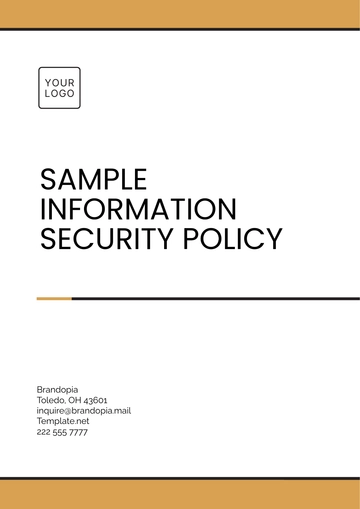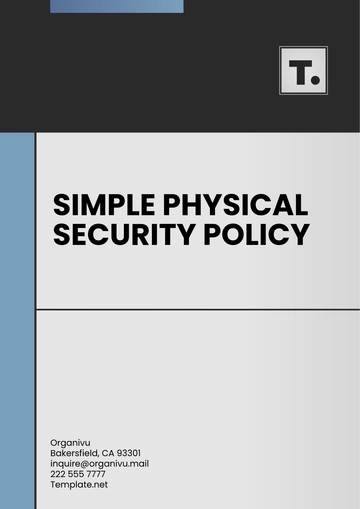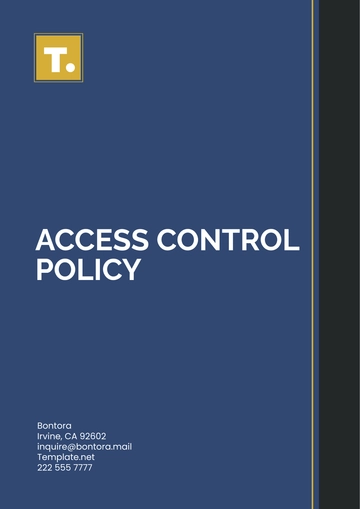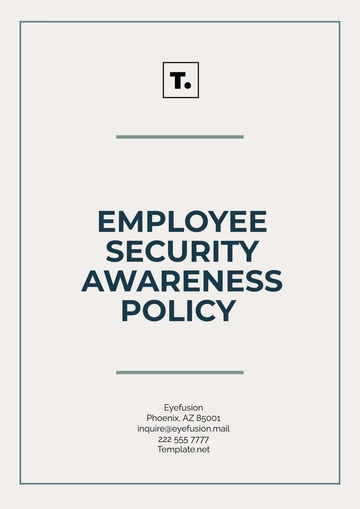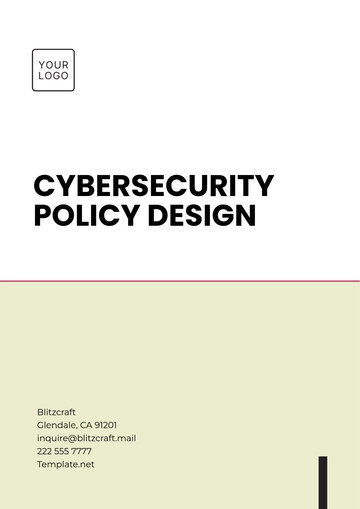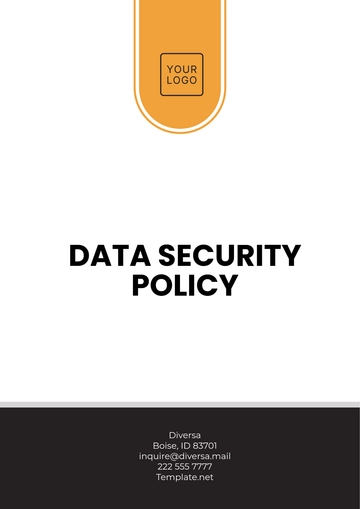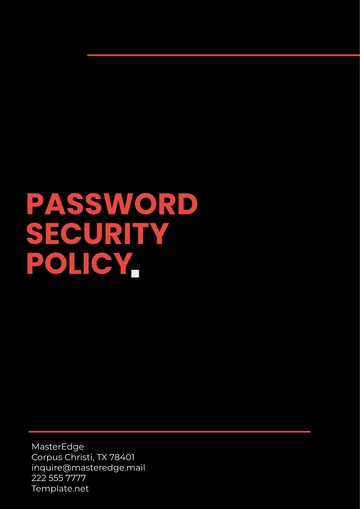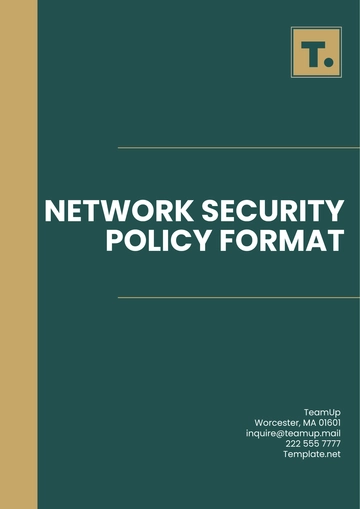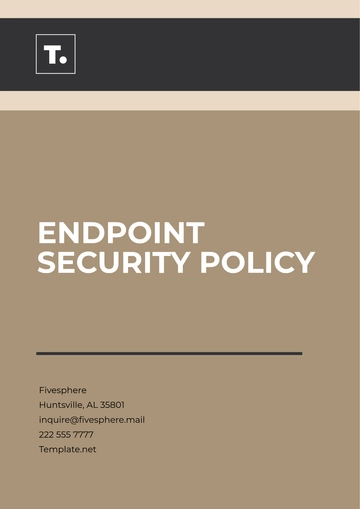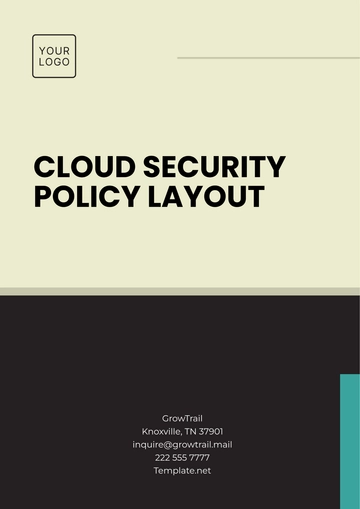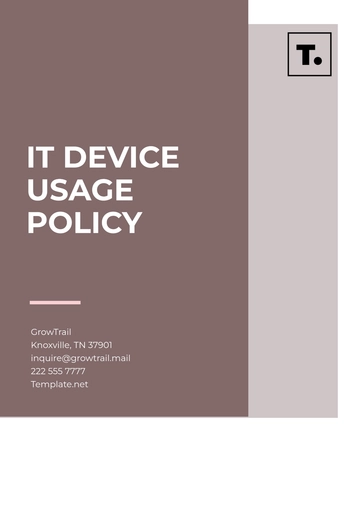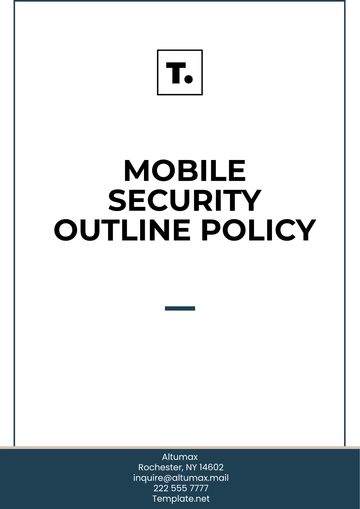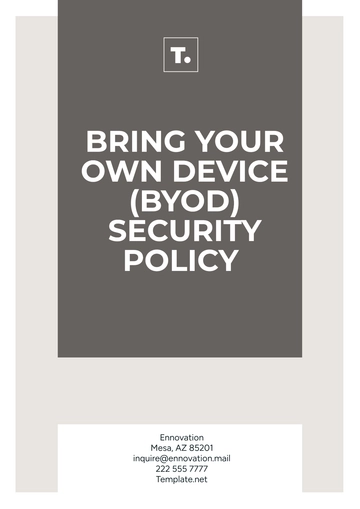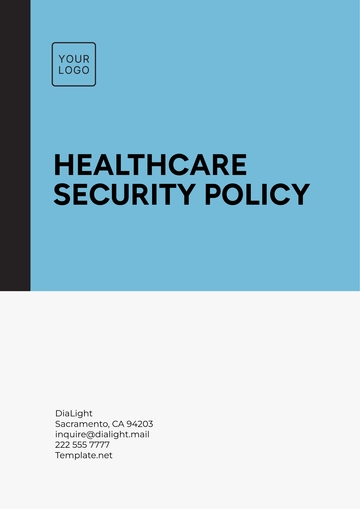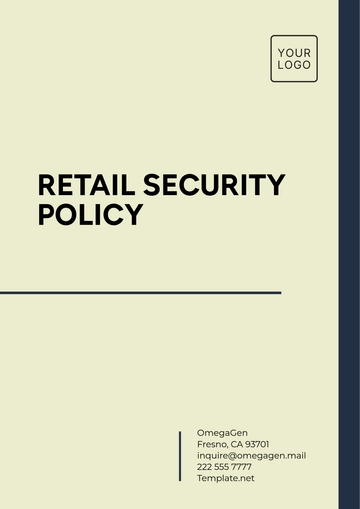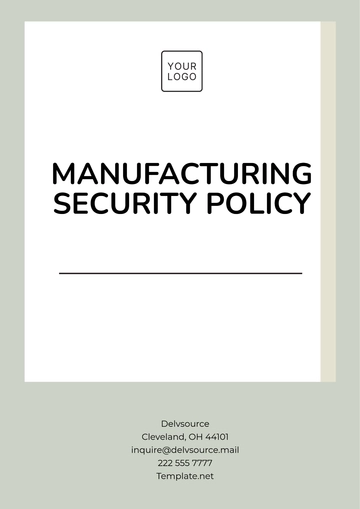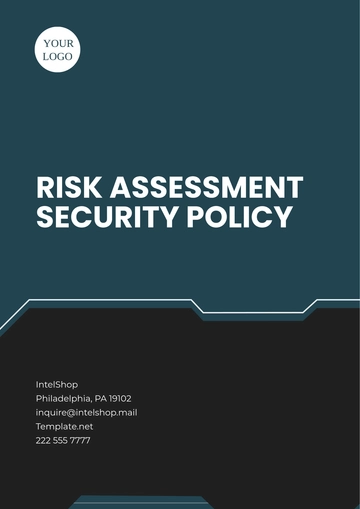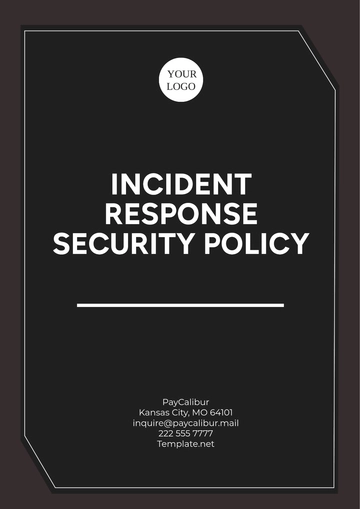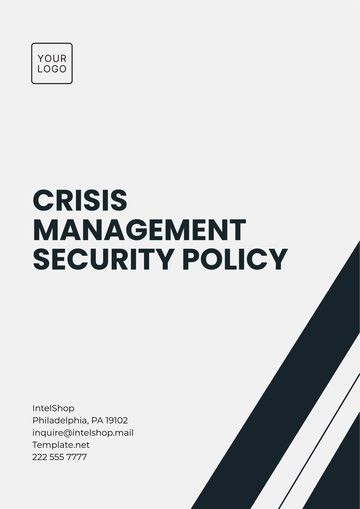Free Healthcare Security Policy
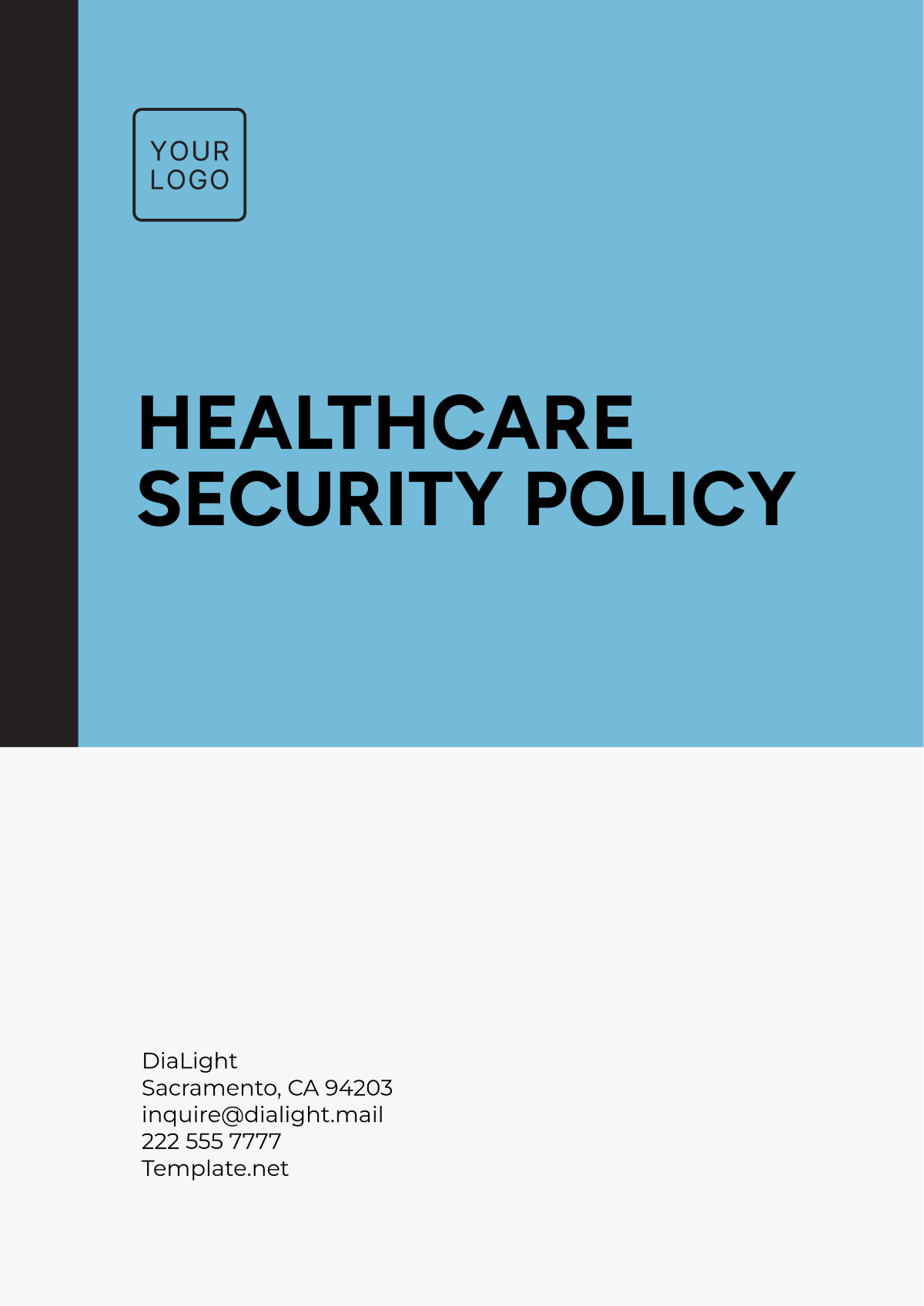
Effective Date: January 1, 2079
Version: 1.0
Prepared by: [Your Organization's Name] IT Department
1. Introduction
This IT Healthcare Security Policy aims to establish comprehensive security protocols and controls to protect the integrity and confidentiality of healthcare information, ensuring compliance with regulatory standards and safeguarding the privacy of all patients, staff, and stakeholders.
2. Purpose
To ensure the security of sensitive healthcare information within our electronic health records (EHR) system, we have developed this policy to outline responsibilities and procedures for safeguarding against unauthorized access, disclosure, and alteration of patient data.
3. Scope
This policy applies to all employees, contractors, vendors, and healthcare professionals with access to the organization’s information systems, including EHRs, diagnostic tools, and other healthcare-related technologies.
4. Data Security Guidelines
Confidentiality: Patient health data must be kept confidential, and accessible only to authorized personnel.
Data Encryption: All patient data, including electronic communications, must be encrypted during transmission and storage.
Access Control: Access to healthcare data will be restricted based on job roles. Each user must be authenticated through multi-factor authentication before accessing sensitive systems.
5. Incident Response Plan
In the event of a data breach or security incident, the IT department will:
Immediately investigate the nature of the breach.
Notify affected individuals and relevant authorities within 72 hours of the discovery of a breach.
Take necessary measures to mitigate the impact, including system lockdown and data recovery.
6. Employee Training
Each year, it will be required for every employee to participate in an obligatory training session focused on information security. This training will comprehensively address and educate employees on various essential topics, including the best practices for protecting data, strategies for preventing phishing attacks and ensuring compliance with the Health Insurance Portability and Accountability Act (HIPAA).
7. Monitoring and Auditing
The Information Technology department will carry out audits on all healthcare systems every three months. This process will involve a thorough examination of access logs and the execution of vulnerability scans to ensure that security standards are consistently being met and maintained.
8. Compliance with Laws
This policy is designed to ensure adherence to the regulations set forth by the Health Insurance Portability and Accountability Act (HIPAA), the Health Information Technology for Economic and Clinical Health (HITECH) Act, as well as relevant international data protection laws, including but not limited to the General Data Protection Regulation (GDPR).
9. Enforcement
If an individual does not adhere to this policy, it will lead to disciplinary measures being taken against them. These measures could potentially include the termination of their employment or the initiation of legal proceedings, contingent upon the seriousness of the policy violation.
10. Conclusion
By committing to the guidelines and standards outlined in this Information Technology Healthcare Security Policy, our organization is dedicated to achieving the utmost level of protection for patient information and ensuring full compliance with the relevant industry regulations. We recognize that maintaining security is a continuous endeavor, and thus, our policies will undergo ongoing assessment and updates to adapt to emerging threats and advancements in technology.
Approval:
Approved by: [Your Company Name]'s CEO
Signature: [Your Name]
Date: January 1, 2079
- 100% Customizable, free editor
- Access 1 Million+ Templates, photo’s & graphics
- Download or share as a template
- Click and replace photos, graphics, text, backgrounds
- Resize, crop, AI write & more
- Access advanced editor
Safeguard patient data with Template.net's Healthcare Security Policy Template. Fully editable and customizable, this document helps maintain compliance with healthcare security standards. Editable in our Ai Editor Tool, it offers a professional approach to securing sensitive healthcare information.
You may also like
- HR Policy
- Restaurant Policy
- Company Policy
- Accounting Policies and Procedures
- Website Policy
- Privacy Policy
- Safety Policy
- School Policy
- IT and Software Policy
- Law Firm Policy
- Construction Policy
- Interior Design Policy
- Travel Agency Policy
- Education Academic Policy
- Security Policy
- Real Estate Policy
- Expense Policy
- Software Policy

